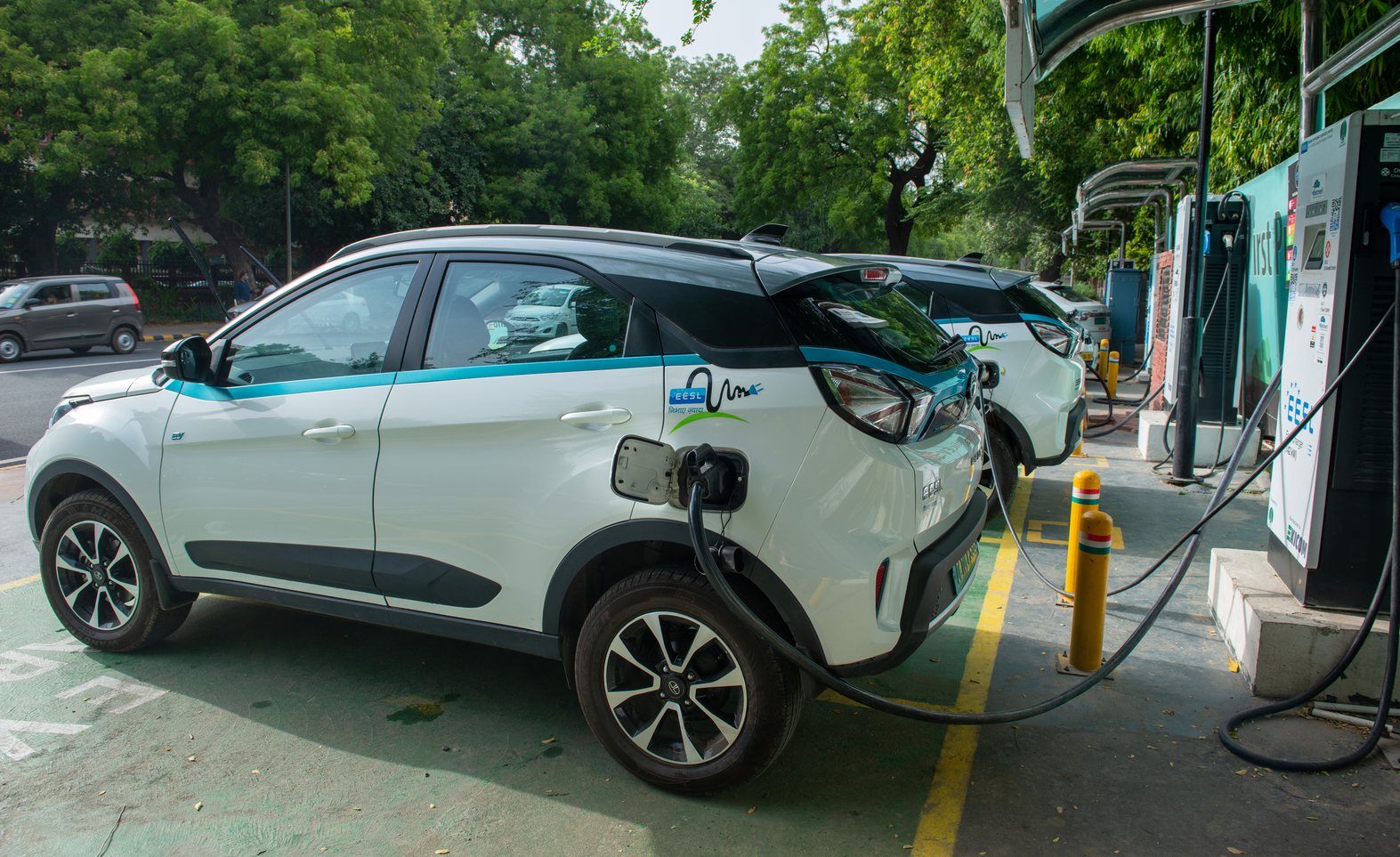
September 15, 2021
The Union Cabinet revised the PLI outlay for the auto sector from US$ 7.77bn to US$ 3.54bn.
Modification made to bolster the production of electric and hydrogen fuel vehicles.
The PLI scheme to generate estimatedly 750,000 jobs.
The scheme to benefit 10 vehicle manufacturers, 50 auto component makers and five new non-automotive investors.

Aiming to boost electric vehicle and hydrogen fuel cell vehicles in the country, the Union Cabinet revised a production-linked incentive (PLI) scheme changing the outlay from US$ 7.77bn to US$ 3.54 bn for the automobile sector, aiming to benefit a total of 10 vehicle manufacturers, 50 auto component makers and five new non-automotive investors. This modification has been made to focus on advanced automotive technologies bolstering the production of electric and hydrogen fuel vehicles. The newly announced scheme will be effective from FY’23 for five years, with FY’20 as the base year for eligibility criteria.
Under the auto component PLI scheme, a total of 22 components will be covered including the flex fuel kit, hydrogen fuel cell, hybrid energy storage systems and electric vehicles parts, including charging ports, drive train, electric vacuum pump, and electric compressors. sunroof and electronic stability control among others. In the Union Budget (2021-22), PLIs were announced for 13 sectors with an outlay of US$ 26.82bn , out of which US$ 7.77bn were allocated to the auto sector for five years. This decision to halve the outlay has been announced to shift focus to hydrogen fuel and electric vehicles.
This PLI scheme is aimed at increasing competitiveness and strengthening the growth of the sector and will also generate estimatedly 750,000 jobs, as per the government estimates. Automobile manufacturing contributes 50 percent to India’s manufacturing. However, auto components only contribute one percent of exports in the global trade. As stated by Deloitte India partner Mr Saurabh Kanchan, “incentivising new products such as the electric vehicles and alternate fuels as well as other advanced technologies is a welcome move.” This move will also significantly aid the local and wider adoption of electric vehicles, thereby ensuring safety and consumer experience.